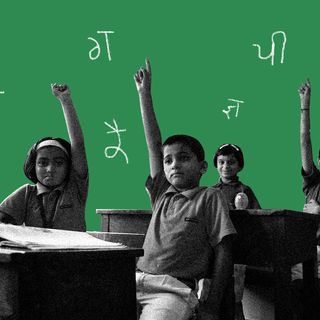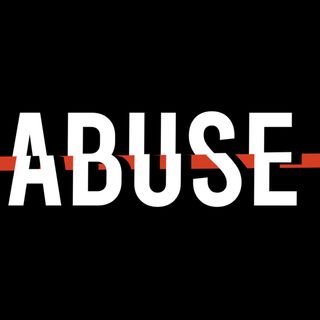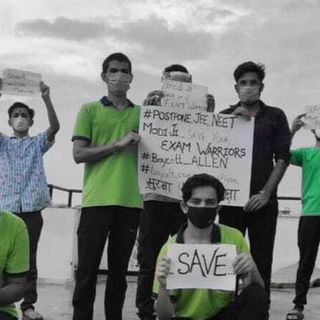Yesterday, Pakistan banned access to five dating apps including Grindr, Tinder, Tagged, Skout, and SayHi in order to curb “immoral, indecent content streaming,” according to a statement released by the Pakistan Telecommunication Authority (PTA).
The PTA issued notices to all five platforms, seeking that they remove ‘dating services’ and moderate streaming content on the platforms in accordance with local laws. According to PTA, the content on those platforms is “immoral, indecent.” Because management from all five companies did not respond to the notices within the stipulated time, PTA authorities issued orders to block all five platforms in Pakistan.
In July, PTA had issued a “final warning” to TikTok over explicit content, and blocked apps like PUBG for promoting violence and addiction. PTA also asked YouTube to block immoral, nude and hate speech content in Pakistan.
Press Release: PTA has blocked access to five dating/live streaming applications i.e. Tinder, Tagged, Skout, Grindr and SayHi. pic.twitter.com/gFJxsgcn6m
Related on The Swaddle:
Racism on Dating Apps Instigates Feelings of SOut hame, Inferiority Among Gay Men of Color
These blocks can be tied back to Pakistan’s Citizens Protection (Against Online Harm) Rules 2020 — a means to regulate content on online platforms that are “violent, vocal or active opposition of the state of Pakistan including the security, integrity or defense of Pakistan, public order, decency or morality, the rule of law, individual liberty and the mutual respect and tolerance of different faiths and beliefs,” according to an excerpt on Jurist.
According to a critique of the new rules by Yale Law School fellow Michael Karanicolas, the large scale impact of such an legislation is that it allows the Pakistan government to “determine what these values are, and how they apply to different speakers.” Karanicolas, who leads the Wikimedia Initiative on Intermediaries and Information, also states that appeal to un-block content would take months for the government to evaluate. He surmises that the arbitrary requirements, like content filtering systems or data requests, that government investigators might seek during this process would jeopardize their encryption technologies — a compromise no company would take to preserve their operations in Pakistan.
Karanicolas writes, “Together, the Rules pose a catastrophic threat to online freedom of expression in Pakistan and, indeed, to the broader ability of the people of Pakistan to access the Internet and take part in the economic, social and cultural benefits flowing from the digital world.”




